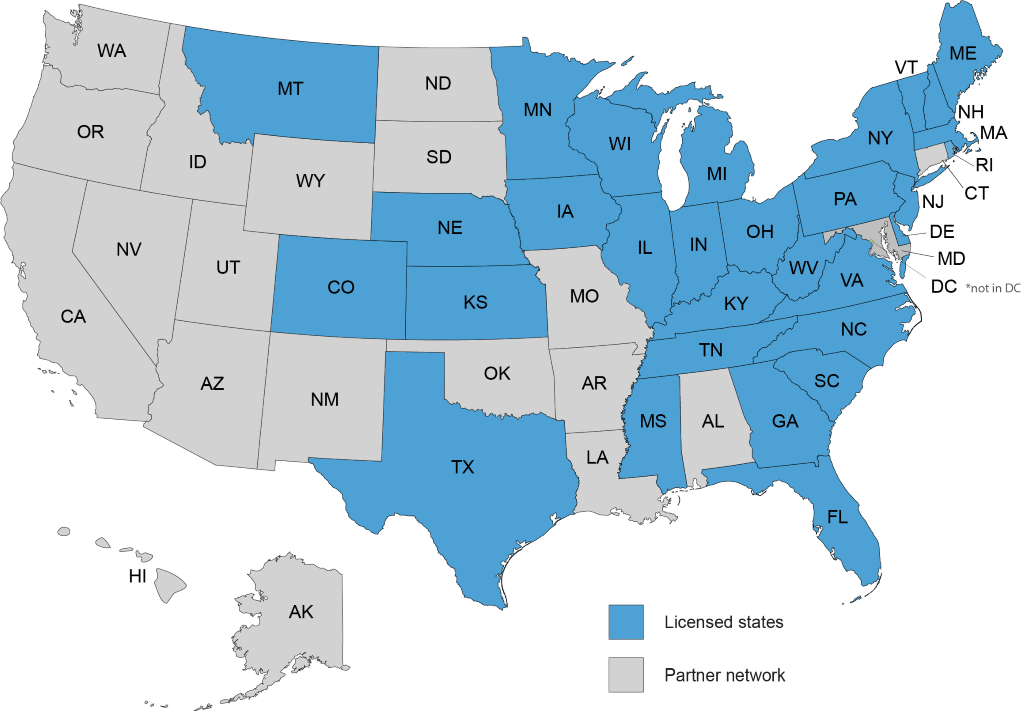
If you are selling your house, be prepared for the questions. Buyers, with the help of an accomplished, local Realtor that has their best interest in mind and will equip them with questions to ask you, lest they forget in all the excitement that comes with house hunting.
A sampling of some questions you should prepare to answer:
- Have you made any major renovations or repairs? Have receipts ready to show if there have been any repairs or renovations made while you have owned the home. In some states, sellers must disclose any current problems but they don’t necessarily have to disclose past problems. Be prepared to have proof that if any major structural changes have been made that it was done up to code and was approved by the county.
- How long has the house been on the market? The more time your house has spent on the market the more power a buyer believes they have to negotiate a lower price.
- Are all the appliances and fixtures included in the sale? Usually, anything attached to the home is included in a home sale. But, it’s best to never assume or you could run into disappointment. For example lighting fixtures or window treatments.
- When was the roof installed? Knowing the answer to this can make or break your decision. If the roof is older, it will surely need to be repaired or replaced soon after the purchase. This will give the buyer the option to ask you to fix it or adjust the price.
- When was the last time your HVAC was serviced? This is cheaper and easier to fix than a bad roof, but it’s important to know as many details about the system. As a seller, have the paperwork ready that shows maintenance dates, the warranty (if still good), and the bills at hand for heating and cooling. What is the monthly cost of utilities? The buyer can then make a decision to either have the seller fix it or negotiate the price of the home.
- Why are you selling? Depending on your answer, the buyer, with aid of their realtor, will be looking for a way to prepare a lower offer if it means you can get out of your home faster.
- How long has the house been on the market? If it has been on too long, buyers become leery and think there must be something inherently wrong with the home. Additionally, if it’s been on for a long time, the seller may be more motivated and willing to negotiate.
- What is the neighborhood like? The value of your house is affected by the neighborhood. A good realtor will have given the buyer all the comps from your area. It may be easy to read a neighborhood if there are concerns – there might be foreclosure signs or abandoned homes. Be prepared to be flexible on your asking price.
The Bottom Line: There are many questions that a seller will be asked so that the buyer will feel confident in their decision to purchase your home. It can be complicated and sometimes overwhelming but with an experienced real estate agent you can expect an uneventful transaction. The best realtors out there will be able to turn any negative into a positive while answering the questions the buyer has.

 See Our National Coverage Map
See Our National Coverage Map







